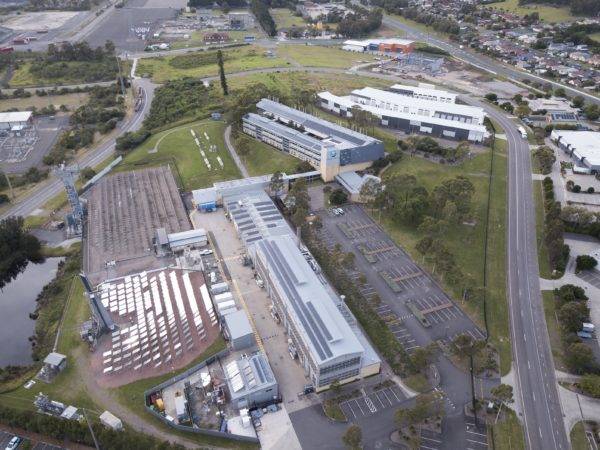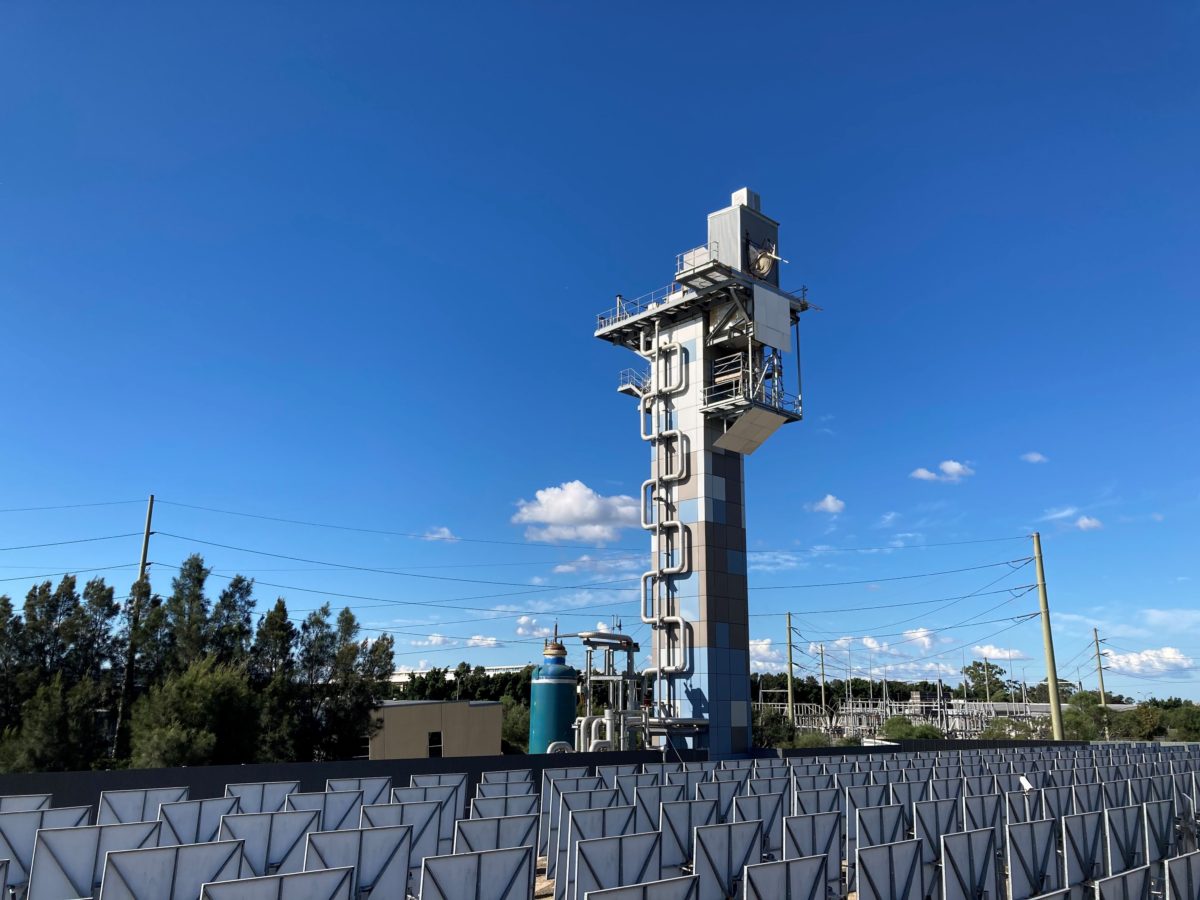The Commonwealth Scientific and Industrial Research Organization (CSIRO) has committed to reaching net zero at its Newcastle Energy Centre by 2025, across the entire agency by 2030 and all of its indirect emissions and value chains by 2050.
CSIRO chief executive Larry Marshall said the national science agency is uniquely positioned to use breakthrough science to develop, implement and demonstrate effective pathways to net zero emissions.
“As a large 100-year-old organisation spread across 55 sites nationally, CSIRO has many challenges to emissions reduction but we believe if we can do it, it will inspire other large companies to leverage Australian science to travel the path to net zero emissions,” he said.
“CSIRO is in a strong position to make science real, by translating it straight from our established energy lab and into our operations, while also directly assisting our industry partners to work towards their own net zero emission ambitions.
“CSIRO has been actively reducing its carbon emissions over the last five years, and we are now anticipating 70% reduction.”
Marshall said the CSIRO can help accelerate the transformation to net zero by using cutting-edge technologies in solar, wind, hydrogen, next generation batteries, predictive analytics and energy efficiency technologies.
“Our longer-term plans will really put our science to the test as we try to transition … towards net zero emissions,” he said.
“We are exploring innovative options such as using hydrogen to power future research vessels or applying renewable or hybrid energy to power remote facilities.”

Image: CSIRO
Key to the achieving the net zero target will be the Newcastle Energy Centre, home to the CSIRO’s energy research hub and the only high-temperature solar thermal research facility of its type in Australia.
CSIRO Newcastle site leader Gregory Wilson said the Energy Centre is ideally placed to lead the way for CSIRO.
“Our Newcastle Energy Centre has an established track record for developing and evaluating new ways to drive energy efficiency, generate renewable energy, store energy and reduce emissions. It is also home to the largest solar thermal array of its kind in the Southern Hemisphere,” he said.
“We have the opportunity to take the best of our science and testing and apply it across our site which already features 425 kW of solar and wind energy infrastructure, and 600 kWh of battery storage.”
Wilson said increasing onsite renewable energy generation and optimising control of onsite energy storage will be among the initiatives the CSIRO will pursue as it looks to achieve its net zero targets.
The CSIRO also plans to convert its gas systems to electric, electrify its transport fleet, and increase the uptake of clean-energy power purchasing agreements across all of the agency’s sites.
This content is protected by copyright and may not be reused. If you want to cooperate with us and would like to reuse some of our content, please contact: editors@pv-magazine.com.









By submitting this form you agree to pv magazine using your data for the purposes of publishing your comment.
Your personal data will only be disclosed or otherwise transmitted to third parties for the purposes of spam filtering or if this is necessary for technical maintenance of the website. Any other transfer to third parties will not take place unless this is justified on the basis of applicable data protection regulations or if pv magazine is legally obliged to do so.
You may revoke this consent at any time with effect for the future, in which case your personal data will be deleted immediately. Otherwise, your data will be deleted if pv magazine has processed your request or the purpose of data storage is fulfilled.
Further information on data privacy can be found in our Data Protection Policy.